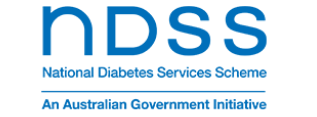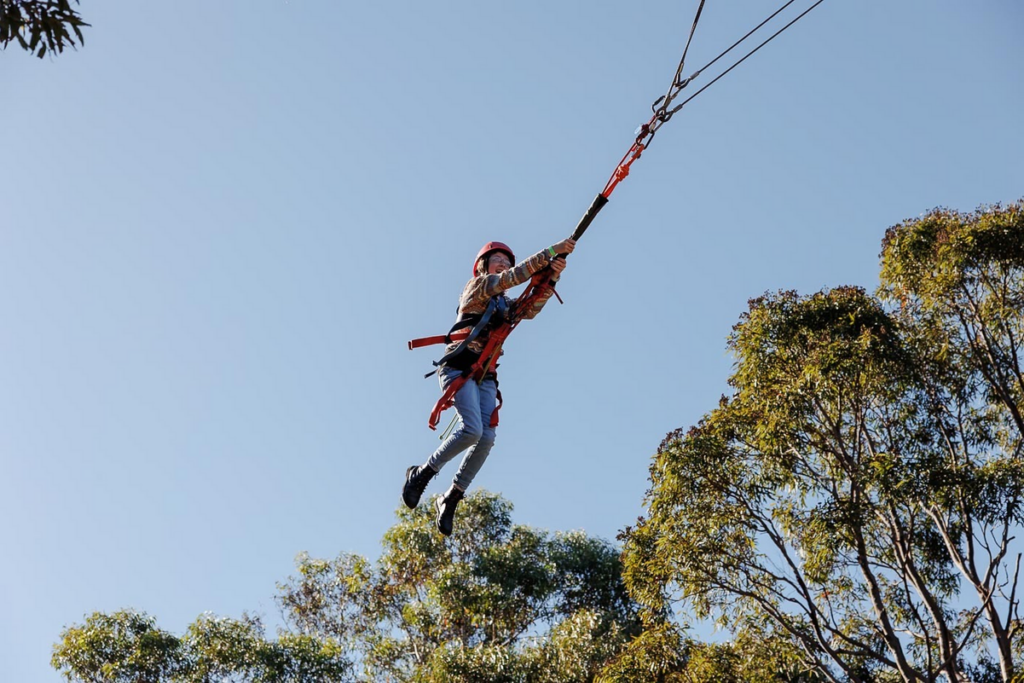With some extra planning and support, students with type 1 diabetes can enjoy school camps and excursions, just like their peers.
School camps and excursions are exciting and play a key role in a student’s social, emotional, and academic growth. Students with type 1 diabetes should be given every opportunity to enjoy these activities as part of the school’s learning program.
School camps and excursions can affect a student’s glucose levels due to changes in activity levels, food intake, excitement levels, and the emotional impact of being away from home. Early planning and advice from the family and the student’s diabetes health professional(s) will ensure the student’s diabetes is managed well.
When preparing for school camps and excursions consider the student’s diabetes management skills, plan ahead, and have clear communication channels between school staff and parents/carers.
School camps
Planning and communication for camp
School staff and parents/carers should begin communicating with each other as early as possible before the school camp. This will help plan for events that require actions, such as training staff to support the student’s diabetes management during camp.
Staff training for camp
It is recommended that designated staff attending camp complete Diabetes in Schools Level 3 training (or specialised training from a credentialled health professional). School principals or an authorised representative should request Level 3 training at least 6 to 8 weeks ahead of the camp, and state they require camp training.
Initial pre-camp meeting: discuss camp details
When: At least one full term before camp
Who: Designated school staff, parents/carers, and the student. The student’s diabetes health professional(s) and camp staff can also be in this meeting if needed.
Key things to discuss in the initial meeting could include:
- location of the camp
- camp menu
- travel arrangements to and from the camp
- camp activities
- school staff and parent/carer expectations
- phone network coverage at camp as this may affect device functionality, contact with parents/carers and the ability to contact emergency services.
Follow-up meeting: discuss camp diabetes management plan
When: Once parents/carers have developed the camp diabetes management plan with their child’s diabetes health professional(s).
Who: School staff, parents/carers, and the student. The student’s diabetes health professional(s) can also be in this meeting if needed.
The camp diabetes management plan is a document created by the parents/carers and diabetes health professional(s) outlining the child’s diabetes needs while at camp. Using this plan parents/carers and school staff can develop a coordinated strategy to address any situations, including emergencies, which may happen on the camp.
Key things to discuss in the follow-up pre-camp meeting could include:
- implementing the camp diabetes management plan
- roles and responsibilities of the staff and student at camp
- access and management of diabetes supplies and medication during camp e.g. hypo kits, glucose monitors, and insulin
- additional staff training, e.g. glucagon administration
- back-up plans and management of equipment failure
- emergency management plan
- communication plan during camp.
Communication plan
A communication plan is important. It lets school staff know when to update parents/carers if requested, and it lets parents/carers know when they may be contacted to give support to school staff.
The communication plan should outline the timing, method, and type of communication. It should also outline and give consent in the situation a student with type 1 diabetes may require external medical attention.
Student’s diabetes self-management skills
A student should be mostly independent in managing their diabetes before going on a school camp. Ideally, they should be able to:
- inject their insulin
- check and act on their blood glucose levels
- recognise and treat a low blood glucose level
- count carbohydrates
- understand when they may need extra food or insulin adjustments before, during, or after exercise
- confidently change their pump set and replace continuous glucose monitoring devices (if applicable).
If a student is not independent with all of these tasks, the school can consider reasonable adjustments to support the student’s diabetes care while on camp.
For younger students, schools may invite parents/carers to support them at camp.
School excursions
School excursions lasting one day or less often start from the first year of school. This means a student may not be old enough to do their diabetes management tasks by themselves.
Tasks like checking glucose levels, injecting insulin, or operating their insulin pump may need to be done by a trained designated staff member.
The designated staff member should meet with the student’s family and diabetes health professional(s) well before the excursion to discuss how they can support the student.
Planning and communication for excursions
Letting the parents/carers know in advance, and meeting to plan the excursion is important.
Key things to discuss in the excursion meeting could include:
- what support the student will need (family member attendance/additional staff training)
- confirming the school copy of the diabetes management plan is up to date (it should accompany the student on the excursion)
- confirming the student will have their personal medical identification with them
- food and drink requirements (including extra in case of delays)
- quantity of diabetes supplies such as blood glucose monitoring strips, insulin administration equipment and hypo kit supplies
- confirming responsibility for diabetes supplies and hypo kit while on the excursion
- identifying local medical and emergency services if the excursion is in a remote location.
Additional considerations for parents/carers
The camp diabetes management plan
Parents/carers and their child should meet with the child’s diabetes health professional(s) to prepare a camp diabetes management plan. The plan could cover:
- information gathered from the initial meeting with the school
- additional training needs of staff, e.g. for glucagon administration
- back-up plans in case of equipment failure
- expectations of what the student is responsible for at camp.
A camp diabetes management plan also covers specific advice about:
- overnight glucose checking
- type 1 diabetes equipment
- adjustments to insulin doses for camp activities.
Parents should make sure their child’s diabetes action plan is also up to date (i.e. updated within the last 12 months).
The action plan includes instructions for managing low and high blood glucose levels. It is an important document. A copy should be attached to the camp diabetes management plan. It should be accessible to staff for the duration of the camp.

Additional considerations for school staff
- School policies and risk assessments: Review the school policy, procedure, and risk assessments for students with type 1 diabetes to minimise any risks associated with the excursion or camp.
- Training: School staff should be trained on managing type 1 diabetes, including administering glucagon and dealing with emergencies when off-site.
- Staff numbers: There should be enough staff members to assist with the student’s diabetes care on an excursion or camp, especially overnight.
- Communication: Have clear communication channels between the student’s family and the external organisations or staff involved in the camp or excursion.
- School staff must also inform other camp staff (including activity leaders) about the additional needs of the student with type 1 diabetes.
- Menus, mealtimes and camp activity information should be provided to the parents/carers as soon as possible. This will enable them to work with their child’s diabetes health professional(s) to work out what adjustments may be needed during camp.
Last updated: September 2025



